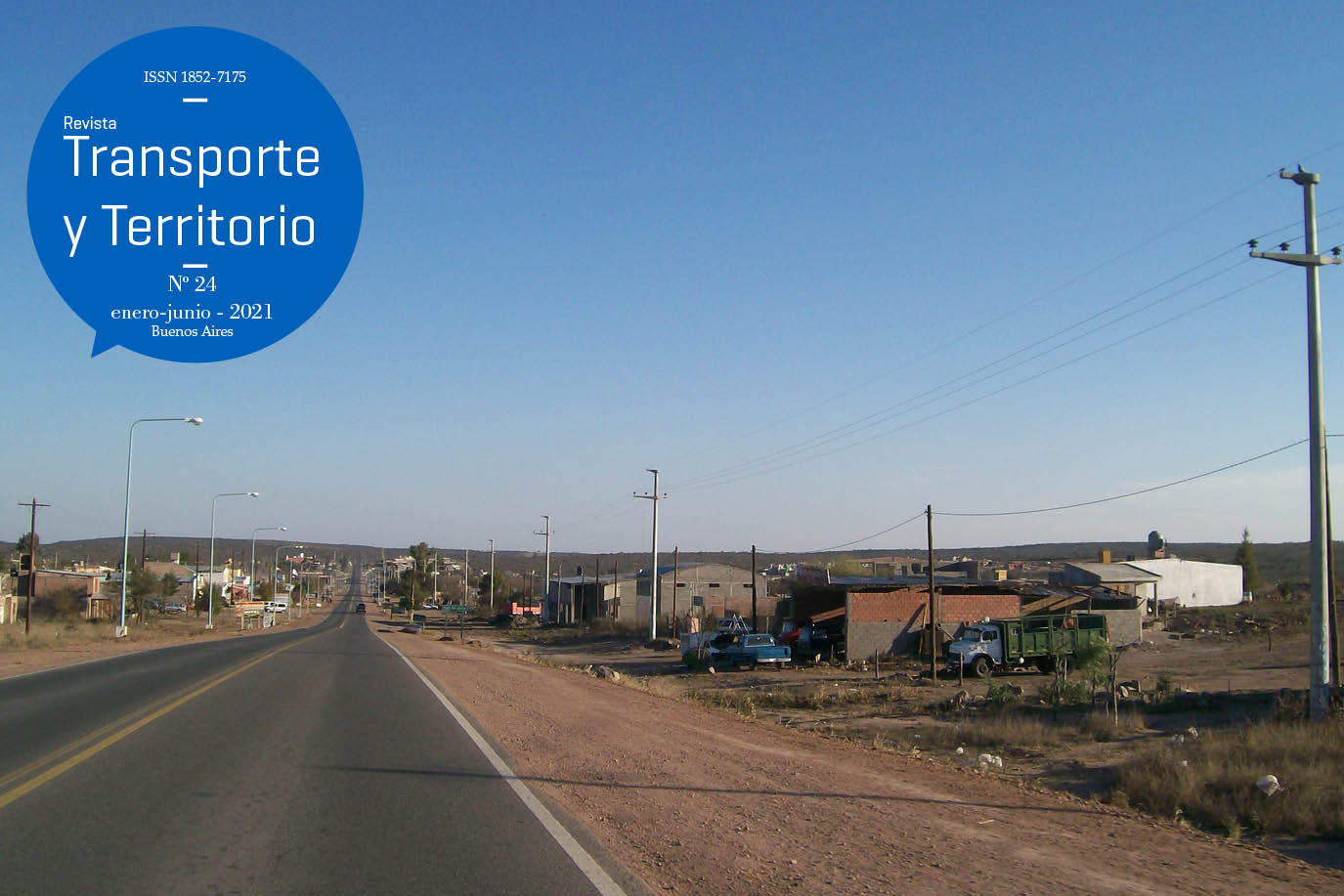Differences in travel patterns in the Metropolitan Region of Rio de Janeiro (RMRJ)
Keywords:
sex, travel, pattern, origina-destination survey
Abstract
This article aims to analyze travel patterns in a disaggregated way, observing the characteristics of the travels made by men and women. As a study object was chosen the Rio de Janeiro Metropolitan Region and using the data created through the Origin-Destination surveys conducted in 2003. Descriptive statistics and combination of the variables sex and position in family structure were used in order to better describe gender in daily transportation. Results point to a distinct travel pattern: men tend to travel more, cover bigger distances and spend more time traveling than women. However, women tend to have a sustainable behavior, as they rely more on transit and non-motorized transport. When it comes to transport planning, the knowledge of the needs and habits of its groups of focus helps to define specific policies, also well as to apply public resources in a rational way in order to build an equally accessible and fair city for its citizens.Downloads
Download data is not yet available.
How to Cite
Cavalcante Bender, J. Érika, Nassi, C. D., & Bortolini, J. (1). Differences in travel patterns in the Metropolitan Region of Rio de Janeiro (RMRJ). Revista Transporte Y Territorio, (24). https://doi.org/10.34096/rtt.i24.10232
Section
Artículos

1.jpg)

3.png)























